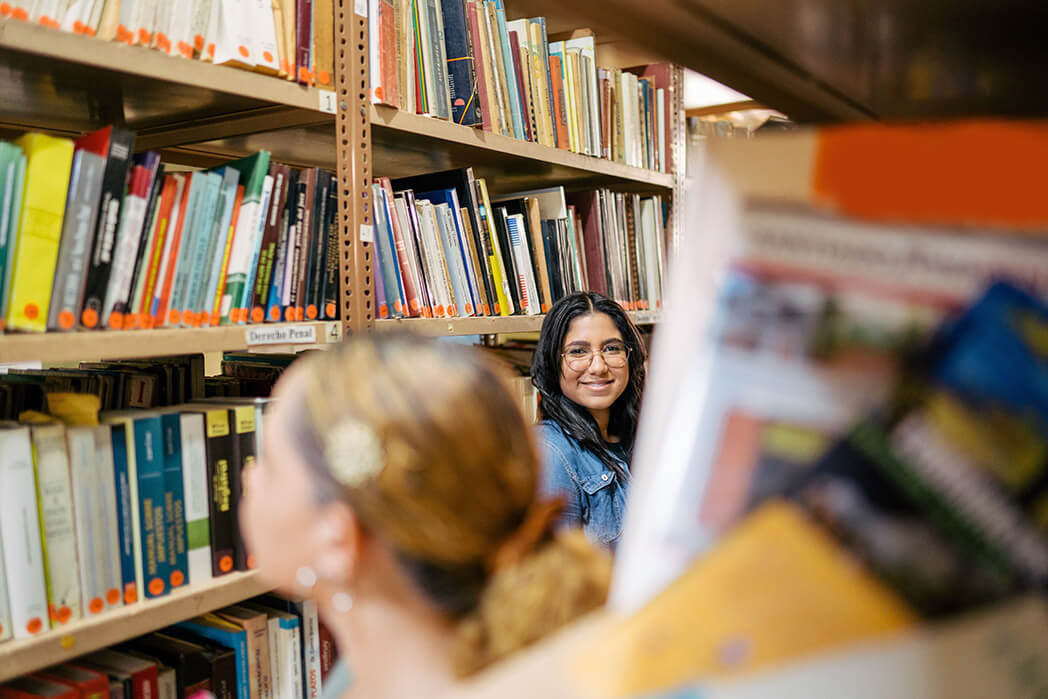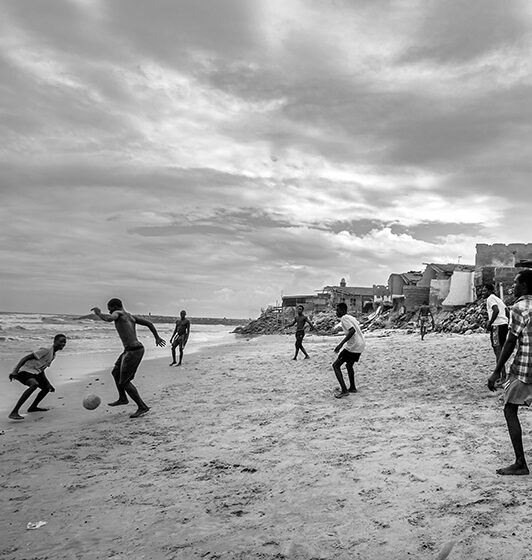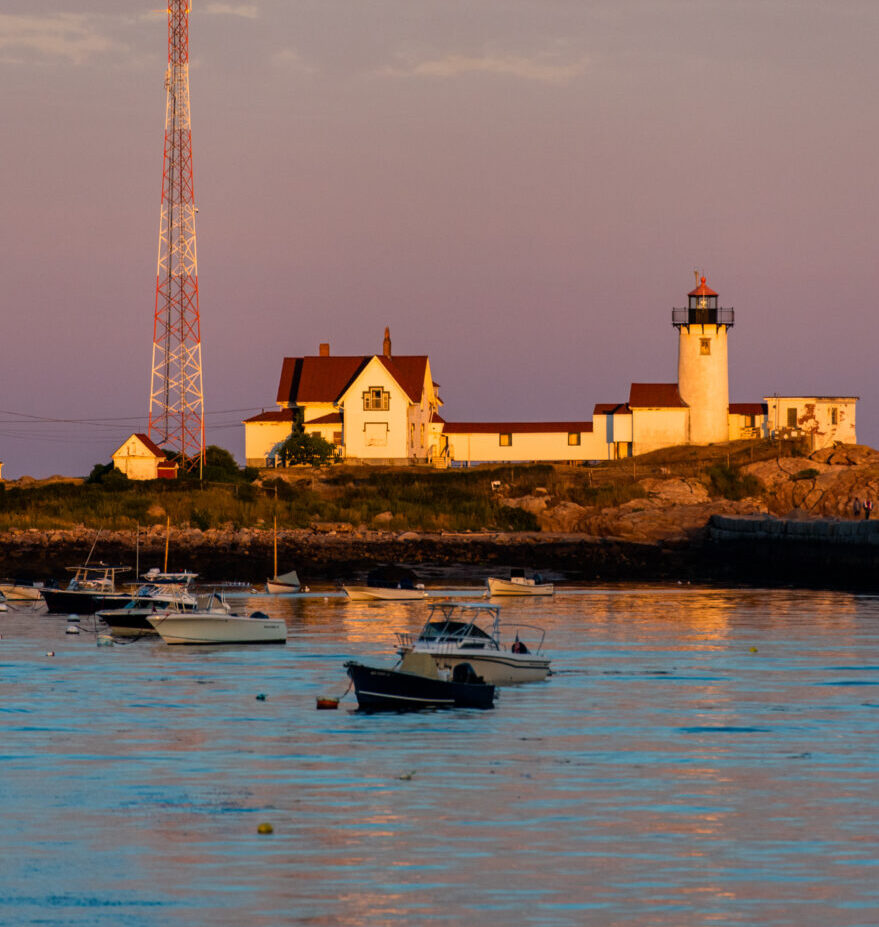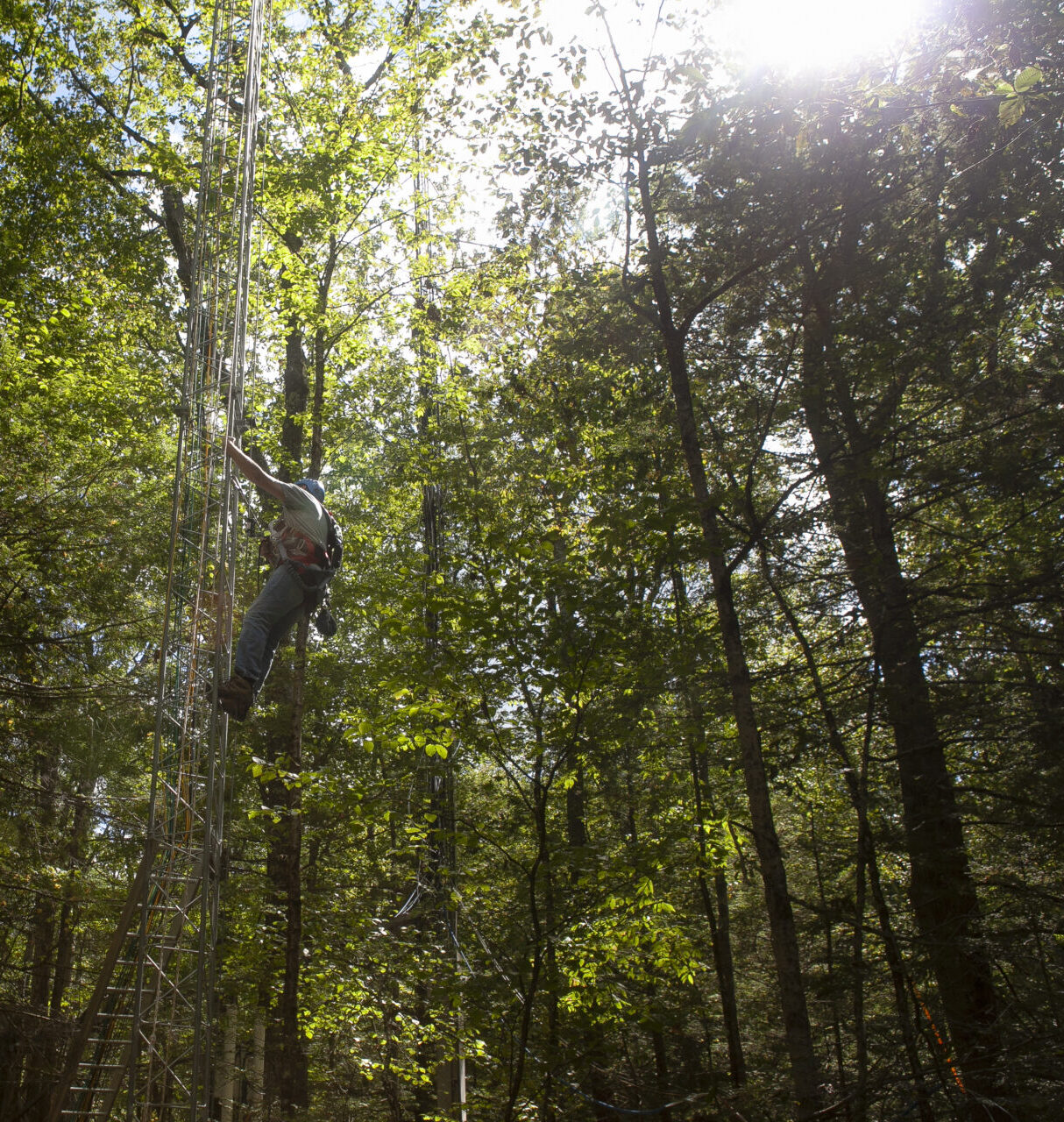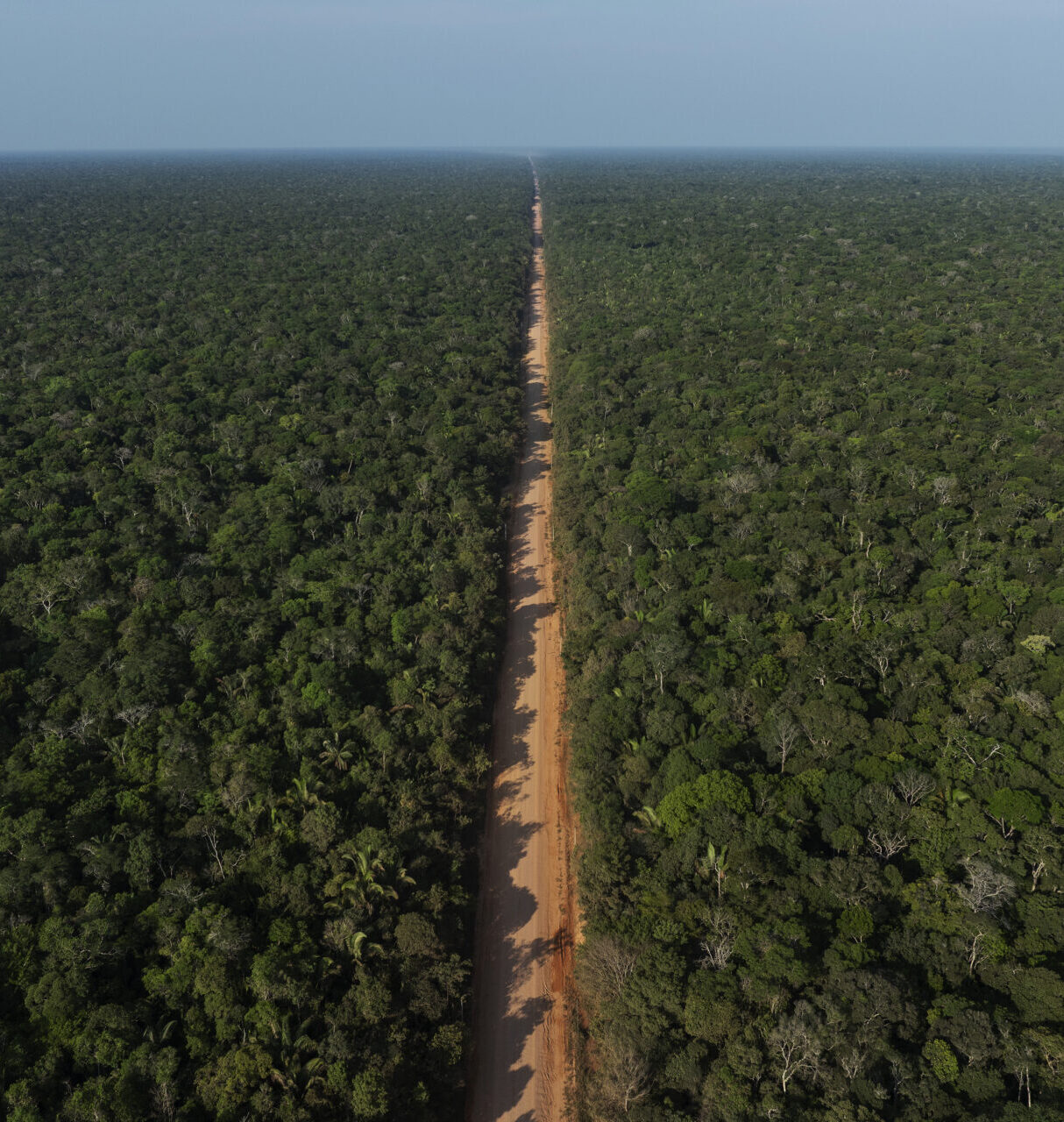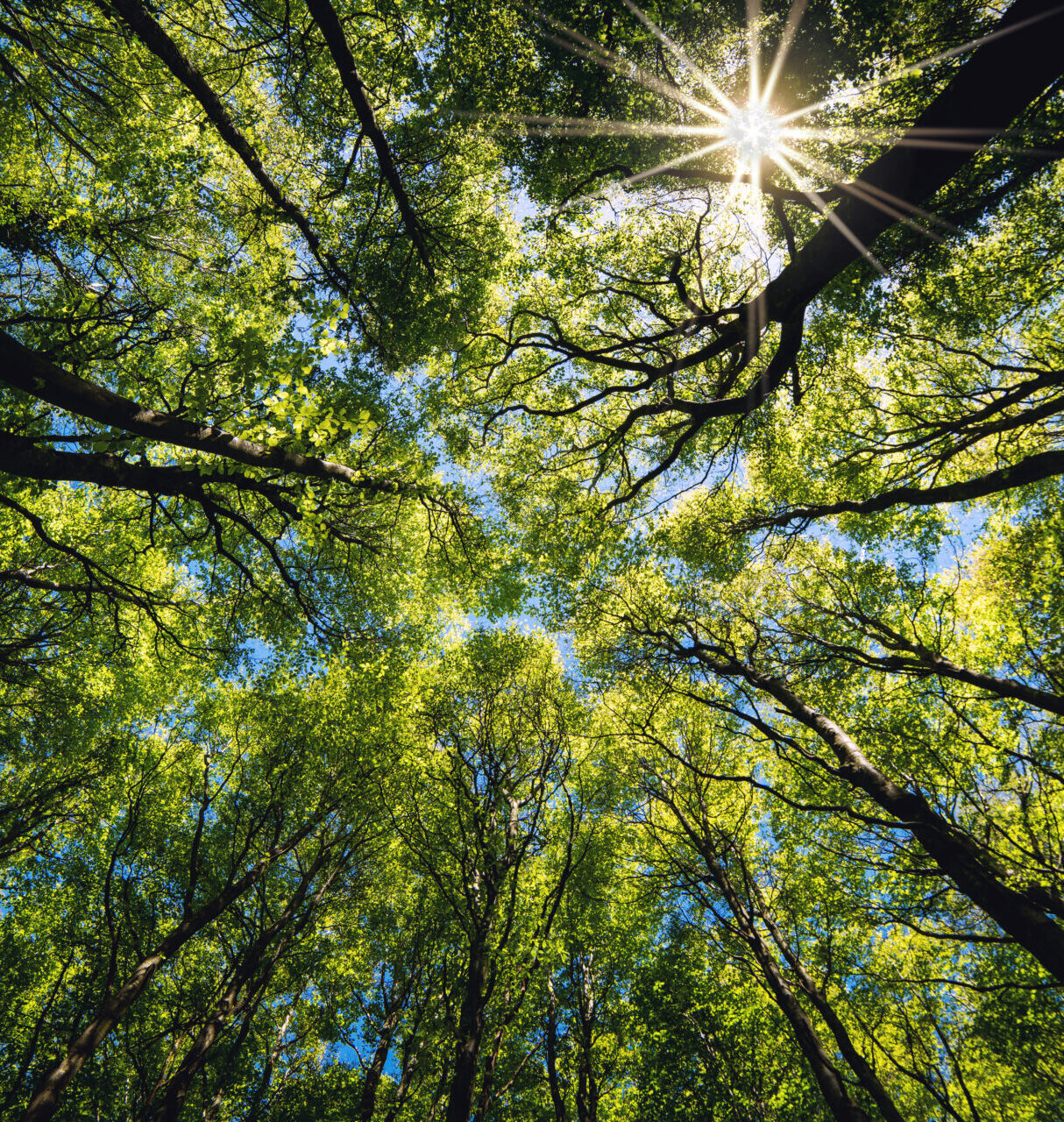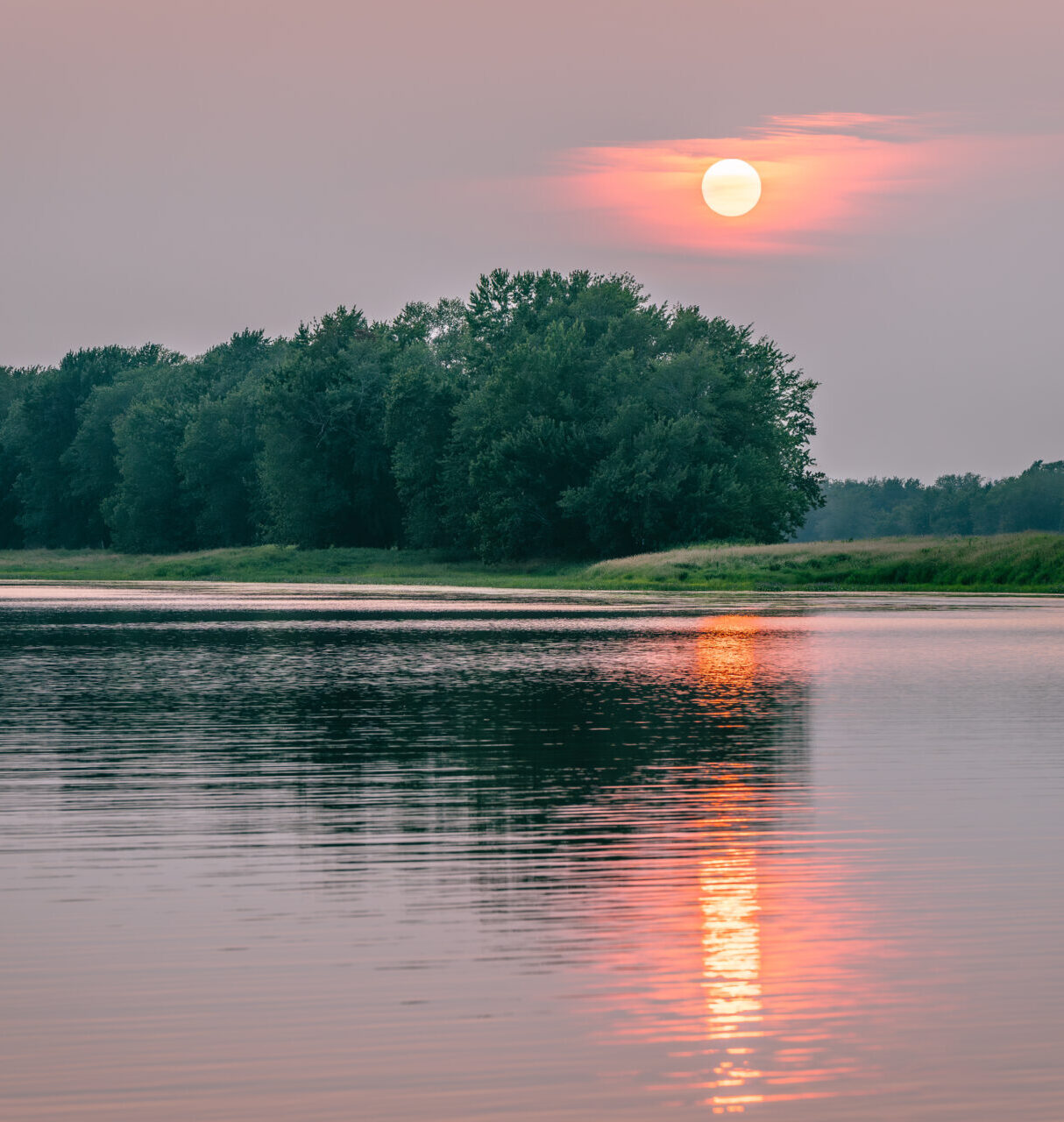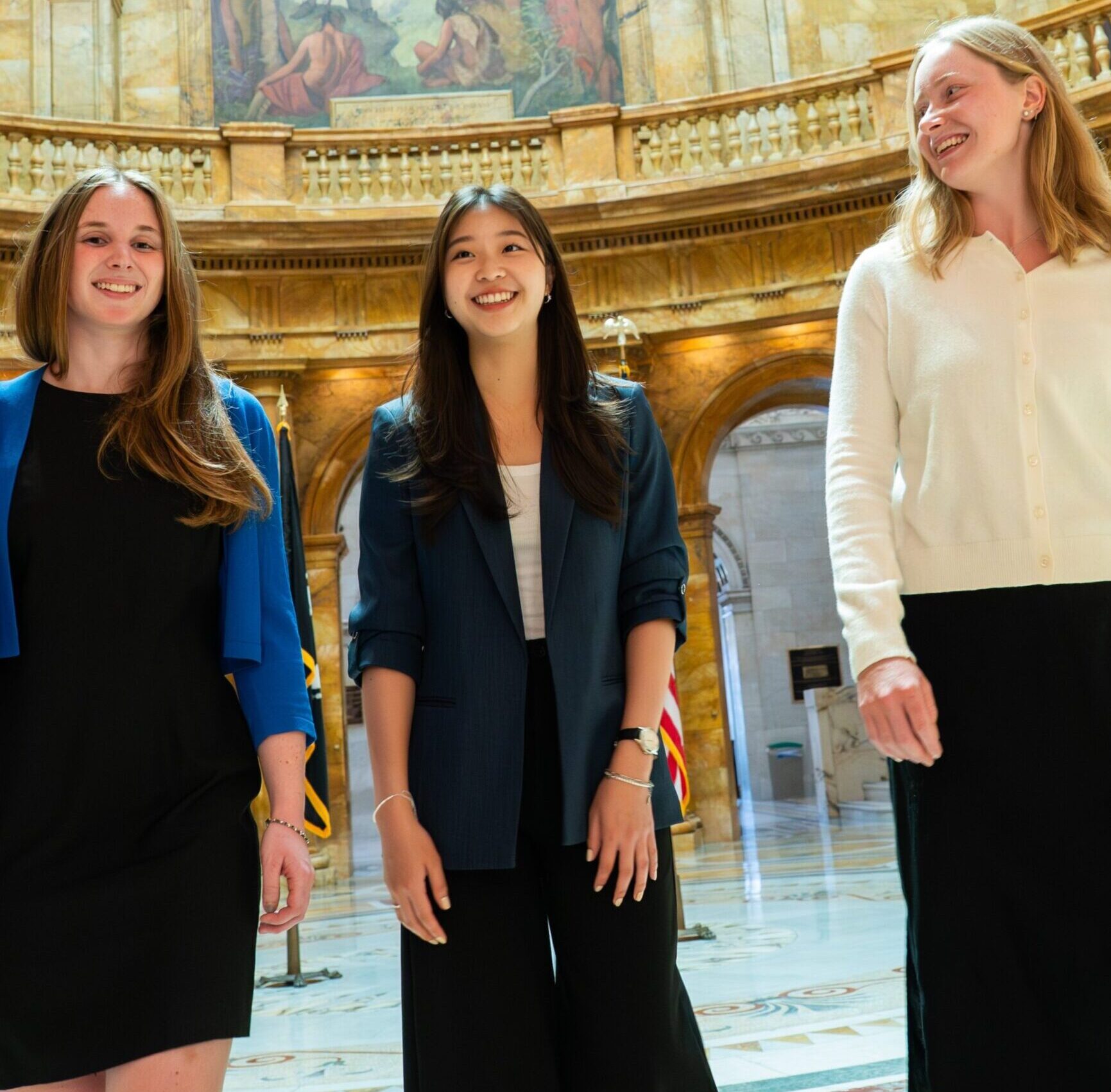Planting for a Greater Community: Thinking Relationally in Horticulture Design for Both Humans and Nonhumans: Conversation with Rebecca McMackin
Register to attend in person.
Register to attend by zoom.
Gardens are more than communal spaces for recreation, they provide a vital oasis in urban environments for plant and animal species to thrive while concurrently reminding humans that even a cityscape, we're entwined with and surrounded by nature. By thinking relationally and taking the needs of our insect, bird, fungi, tree, and other nonhuman neighbors seriously, we can reshape our immediate landscapes to be more ecologically sound, biodiverse, and restorative – all while supporting joy and connection.
This talk asks: how do we think about designing public spaces with human and nonhuman needs in mind? Why does it matter to plant for native species? How do our horticulture choices intersect with equity and social justice? Why does thinking about community matter when thinking about land?
Rebecca McMackin is an ecologically obsessed horticulturalist and garden designer. This former Loeb Fellow at Harvard was director of horticulture at Brooklyn Bridge Park, where she managed 85 acres of diverse parkland for people, plants, and wildlife focused on cultivating urban biodiversity. As a result, animal species not seen in NYC in decades have established themselves in the park, alongside more than half a million visitors. The Brooklyn Bridge Park's published research has influenced entire urban parks systems to adopt similar approaches. Currently, Rebecca is Arboretum Curator at Woodlawn Cemetery in the Bronx.
McMackin's work has been published by and featured in the New York Times, the Landscape Institute, and on NPR and PBS. She has served on the boards of the Ecological Landscape Alliance, the Torrey Botanical Society, and Metro Hort Group. She holds MScs from Columbia University and University of Victoria in landscape design and biology."

ADD YOUR EVENT TO THE SALATA CALENDAR
Are you hosting a Harvard-affiliated event that is related to climate change and/or sustainability? Please submit your event to the Salata Institute event calendar using this quick form! We look forward to sharing your event with the Harvard community.
Submit Your Event